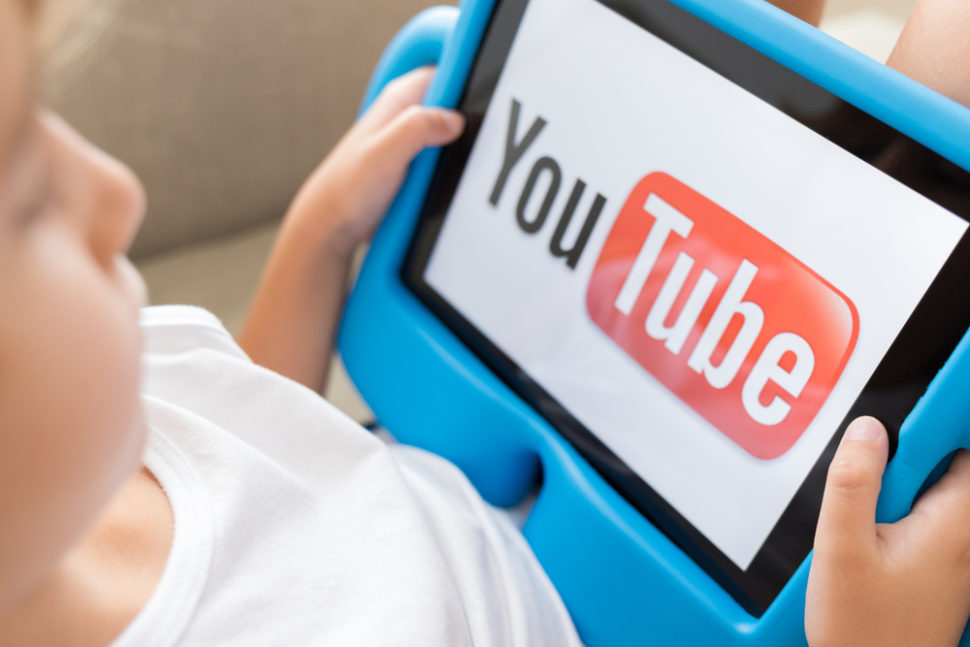According to a Bloomberg report, YouTube is finalizing plans to end targeted ads on videos that are likely to appeal to kids.
YouTube has always encouraged children to use its YouTube Kids app rather than the primary site. Yet, the numerous cartoons and nursery rhymes on the primary site have billions of views.
Pew Report suggests that YouTube videos that feature children under the age of 13 receive over three times as many views as videos without children.
The report reads:
“The very small subset of videos that were directly aimed at a young audience and also featured a child under the age of 13 were more popular than any other type of content identified in this analysis as measured by view counts.”
As you may have guessed, these videos may expose the young audience to targeted ads. The only problem is, targeted ads rely on collecting viewers’ data, and COPPA prevents companies from serving them to children under the age of 13.
Then the Federal Trade Commission started investigating whether YouTube breached the Children’s Online Privacy Act (COPPA).
Back in July, it was reported that the FTC had reached a settlement with YouTube’s parent company, Google over the matter. However, both parties are yet to disclose the terms of the agreement, as the Justice Department looks over things.
Meanwhile, Bloomberg speculates that the video streaming company could pay a multi-million dollar fine. Also, its changes to ad targeting could be a move to appease the regulators.
The Problem with Ending Targeted Ads For Videos That Appeal To Kids
Josh Golin from Campaign for Commercial-Free Childhood, argues that YouTube’s ban on ad targeting would be challenging to enforce.
In a statement to Bloomberg, Golin said that removing the feature from select kids’ videos don’t stop YouTube from collecting user data. This is especially true when children watch other video clips.
“Is Google still going to be collecting all the data and creating marketing profiles?” he said. “That wouldn’t be satisfactory either.”
With thousands of video channels on the platform, it’s unclear how YouTube would define which videos are directed at kids, and which aren’t. As such, complainants are skeptical about how the video streaming service would implement the targeting ban.



















Comments (0)
Most Recent